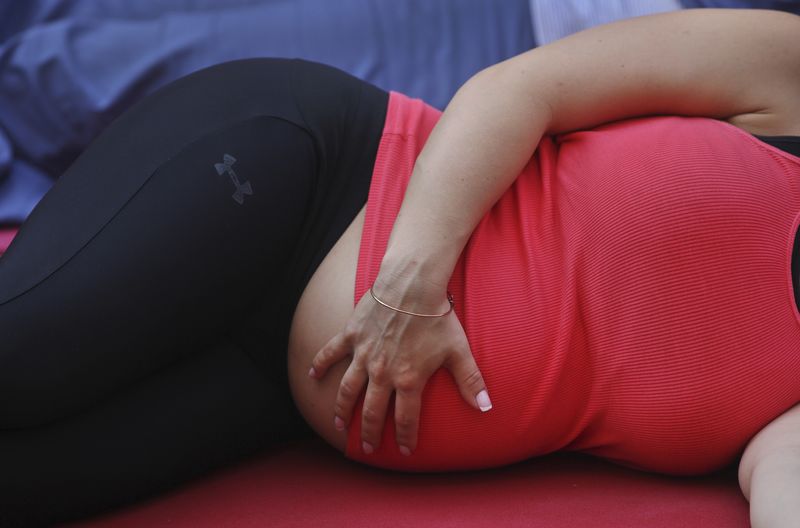TRENTON, NJ — The New Jersey Assembly Appropriations Committee on Thursday advanced legislation aimed at improving detection and management of hypertensive disorders during and after pregnancy. The amended bill, Assembly Bill No. 1996 (1R), was reported favorably and includes several key changes made by the committee.
As revised, the bill mandates that all licensed birthing centers, federally qualified health centers, and health care practitioners who provide prenatal or postpartum care within 12 weeks after childbirth adopt policies to evaluate patients showing symptoms of hypertensive disorders. These include conditions such as postpartum preeclampsia and pregnancy-related hypertension, provided the patient has not already been diagnosed with the condition.
Evaluations would be based on best practices and guidance from nationally recognized authorities such as the American College of Obstetricians and Gynecologists.
Healthcare providers must inform, evaluate, and follow up
Under the bill, providers must follow specific procedures in accordance with evidence-based treatment standards:
- Provide patients with evidence-based information on pregnancy-related hypertensive disorders and their warning signs.
- Inform patients of the benefits of being evaluated for these conditions if symptoms arise, with the option to decline the evaluation.
- Review evaluation results with the patient and, if the results are positive, create an evidence-based treatment plan to reduce health risks.
These requirements are intended to support early detection and intervention in conditions that can lead to serious complications if left untreated.
Key amendments narrow scope and clarify terms
The committee made several amendments, including removing hospitals from the list of required entities, eliminating roles previously assigned to the Commissioner of Health and the State Board of Medical Examiners in determining best practices, and removing provisions regarding home blood pressure monitoring.
Other changes include replacing the term “screening” with “evaluation,” clarifying the bill’s applicability to providers offering care within 12 weeks postpartum, and revising the effective date and bill synopsis to reflect these modifications.
Fiscal impact tied to NJ FamilyCare
According to the Office of Legislative Services, the bill could lead to increased annual expenditures under NJ FamilyCare — the state’s Medicaid program — if covered individuals receive additional evaluations and counseling. However, the additional costs would be partially offset by federal Medicaid matching funds.
Officials also noted the potential for long-term cost savings if improved detection and treatment of hypertensive disorders lead to better maternal health outcomes and reduced future medical expenses.
A legislative panel approved a bill requiring evaluation of pregnancy-related hypertension within 12 weeks of childbirth, aiming to reduce health risks for new mothers in New Jersey.
